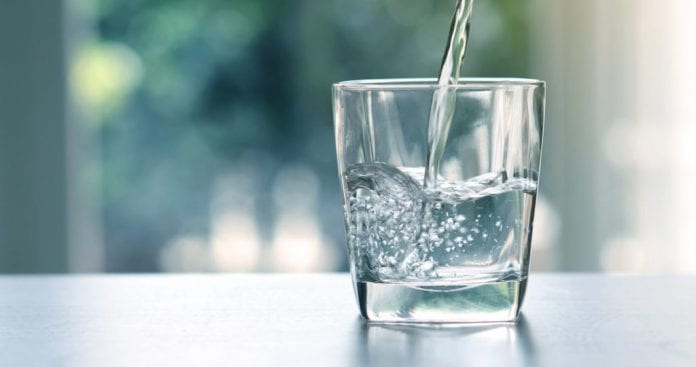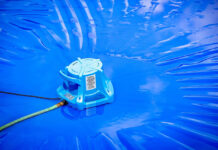You don’t need to be a chef to know whether or not your burger was well done or raw. Likewise, you don’t have to be a plumbing expert to know when it’s time to replace your water softener.
The lifespan of a quality water softener system can vary depending on usage and hardness levels, but 8 – 15 years is the typical range. If you purchased a new home recently and inherited this system, knowing when it was installed can give you some idea of when you should expect to replace it. But what if you don’t know?
If you suspect something is off about the tap water in your home, you can inspect your water softener for damage, but there are other tell tale signs you should be aware of.
Already convinced you need a change? Click here for in depth reviews of the best water softeners.
5 Definite Signs It’s Time To Replace Your Water Softener
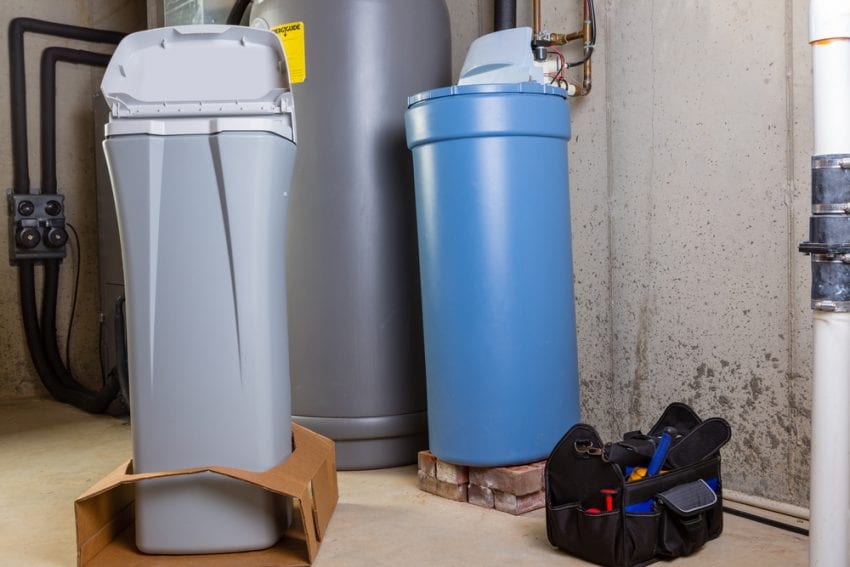
1. Scale Deposits
According to plumbinglab.com, a definite indicator of a fading water softener system is the appearance of white, chalk-like scale deposits forming around your faucets. Calcium, magnesium, and salt residue cling to the rim of your water faucet, building up over time until they become visible.
This kind of residue forms around heating elements and builds up in the filtration tank of your water softener, forcing it to work less efficiently over time as well. Continued use of a failing water softener will only mean you’re using electricity on a water treatment system that isn’t doing it’s job.
2. Unpleasant, rotten egg odor
When sulphates don’t completely dissolve in water, they leave behind a smell very similar to sulfur, or rotten eggs.
Trust your senses. If your nose detects something off in the odor of your water, you can purchase a water testing kit at almost any hardware store.
3. Decreased Water Pressure
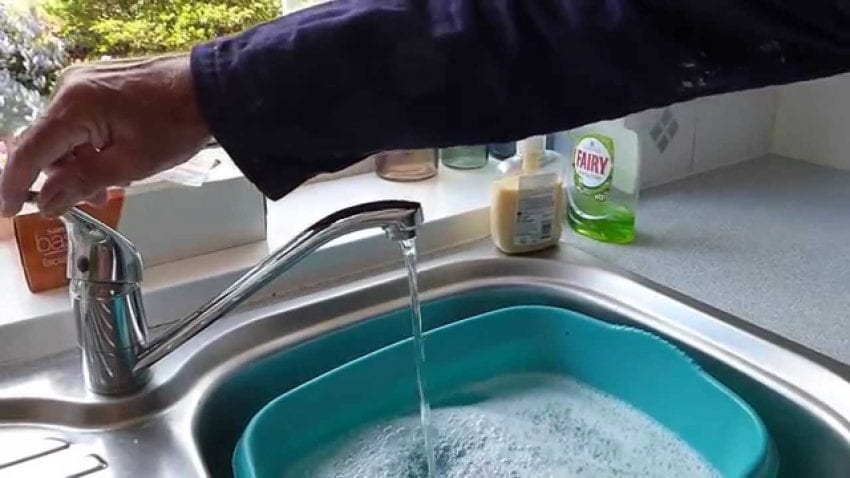
Clean healthy drinking water with a low ppm flows at a higher rate (GPM) through your taps than hard water. Why? Because it’s free of those minerals, bacteria and elements that would have made it denser.
A decrease in the water pressure through your taps could be a sign that your water softener needs replacing. Perform a water test or consult a plumber to determine the exact cause before investing in a new one.
Thinking of getting a tankless gas water heater instead of your old boiler tank? You might find the Cost Overview Of A Tankless Gas Water Heater helpful information as well.
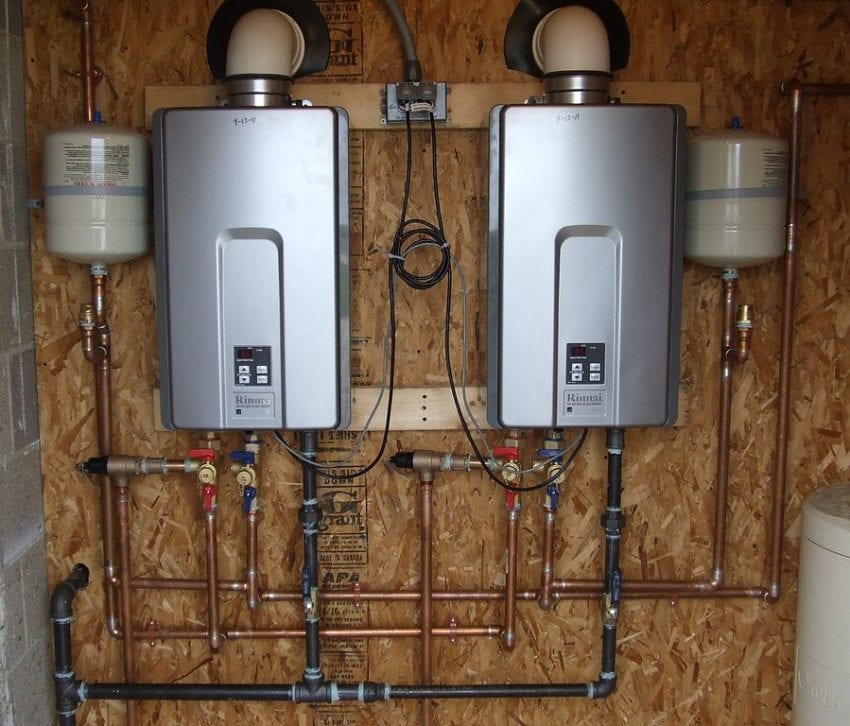
4. Unsightly Rings On Bathtub And Sinks
Ferrous metals such as iron, copper and lead are hard to detect in water but their residue is easy to spot. A reddish-brown, rust-like appearance on your porcelain coated bathtub, washroom sink or toilet bowl indicates the likely presence of iron or other ferrous metal in your water.
5. Spotted Glassware And Shower Doors
Visible spots on your dishes that don’t wash off despite repeated rinsing – yeah, that’s a sign that it’s time to replace your water softener. You may also notice them on your shower doors, and your bathroom mirrors.
Washing with hard water that’s high in calcium and magnesium is ineffective. These minerals don’t react well with the chemicals in your soap, preventing it from developing any lather. Your dishwasher uses a great deal of electricity, so if it’s using hard water to wash your dishes, you’re wasting a lot of money and water.
